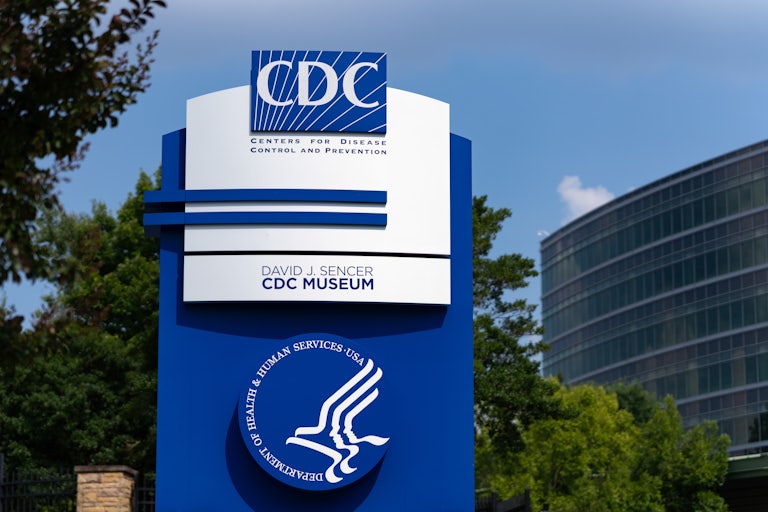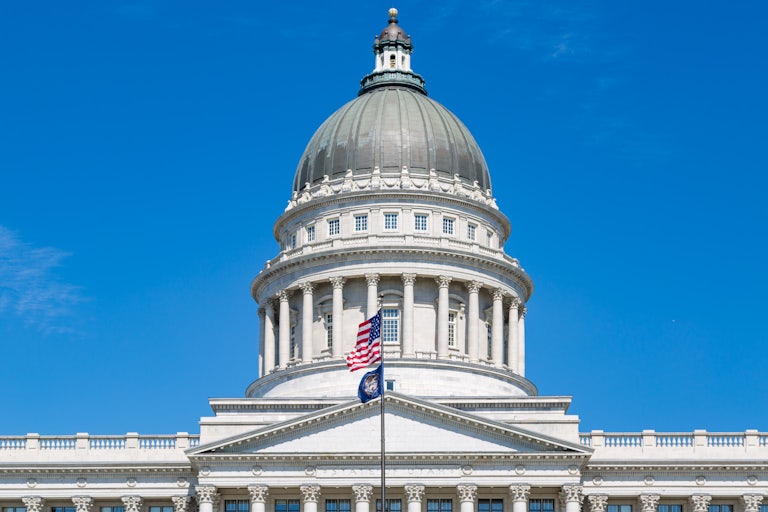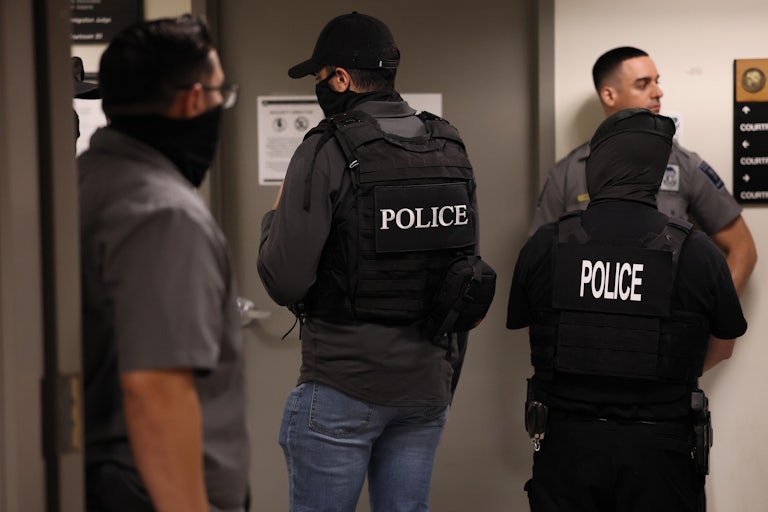CDC Doesn’t Seem to Think Foodborne Illnesses Are a Thing Anymore
A lack of funding reportedly forced a federal-state partnership to scale back.

The U.S. is not monitoring foodborne illnesses like it used to.
As of last month, the only federal-state partnership responsible for overseeing food contaminants at the national level has massively scaled back its operations, reported NBC News.
Prior to July 1, the Foodborne Diseases Active Surveillance Network—also known as FoodNet—was tracking infections caused by eight pathogens, including campylobacter, cyclospora, listeria, shigella, vibrio and Yersinia, some of which are the root cause of serious or life threatening illness.
That number has now been reduced to just two: salmonella and the Shiga toxin-producing E. coli, according to the report.
A spokesperson for the Centers for Disease Control and Prevention said in a statement that monitoring all eight pathogens is no longer federally required of the 10 states participating in the food monitoring program.
“Although FoodNet will narrow its focus to Salmonella and STEC, it will maintain both its infrastructure and the quality it has come to represent,” the CDC spokesperson wrote. “Narrowing FoodNet’s reporting requirements and associated activities will allow FoodNet staff to prioritize core activities.”
A memo provided to the Connecticut Public Health Department by the CDC, reviewed by NBC, indicated that the downsized project was due to a lack of available funding for America’s food safety.
“Funding has not kept pace with the resources required to maintain the continuation of FoodNet surveillance for all eight pathogens,” the note read.
FoodNet is a federal-state collaboration that surveils food-borne illnesses for 54 million Americans. It combines the efforts of the CDC, the Food and Drug Administration, the Agriculture Department and 10 state health departments, including in Colorado, Connecticut, Georgia, Maryland, Minnesota, New Mexico, Oregon, Tennessee, and certain counties in California and New York.
Food safety experts stress that the pared down project could hold serious ramifications for America’s public health policy and make it more difficult for federal officials to respond to—or even learn of—serious outbreaks.








